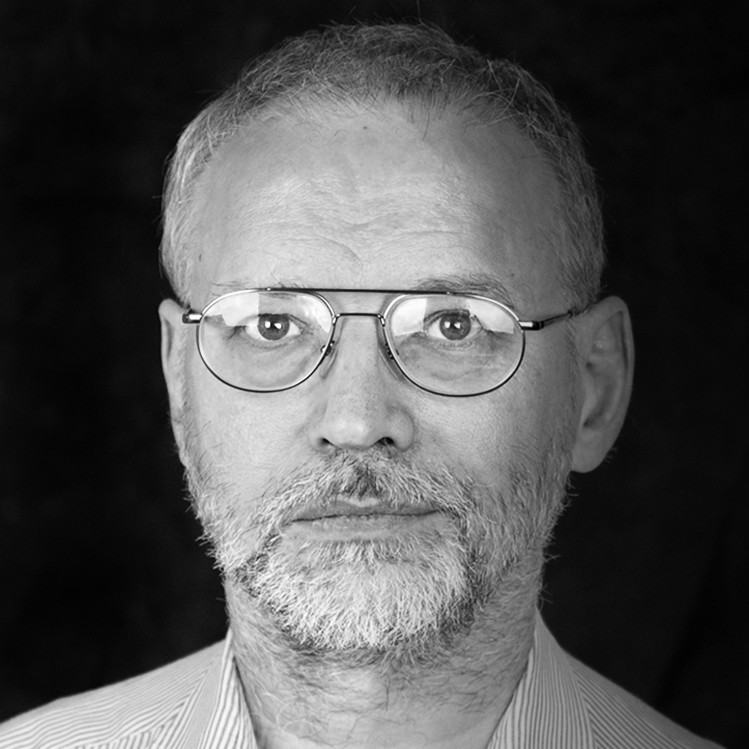| KI wird zum Standard, ERP wandert in die Cloud und Zero-Trust-Architekturen werden unerlässlich: Wolfgang Kobek, Infor, analysiert die fünf Trends, die deutsche Industrieunternehmen 2026 prägen werden. | AI will become standard, ERP will migrate to the cloud, and zero-trust architectures will be indispensable. Wolfgang Kobek of Infor analyzes the five trends that will shape German industrial companies in 2026. |
| Von der Pilotphase zur produktiven Anwendung: Künstliche Intelligenz entwickelt sich 2026 zum festen Bestandteil der deutschen Industrie. Doch nicht nur KI, auch Cloud-Migration, Cybersicherheit und neue Ansätze gegen den Fachkräftemangel werden entscheidend für die Wettbewerbsfähigkeit.
Auch 2026 bleibt der technologische Fortschritt der zentrale Motor für die Wettbewerbsfähigkeit deutscher Industrieunternehmen. Während KI-gestützte Systeme, vernetzte Produktion und nachhaltige Digitalisierung neue Effizienzpotenziale eröffnen, wächst zugleich der Druck, Sicherheitsrisiken, Fachkräftemangel und regulatorische Anforderungen zu beherrschen. Bereits jetzt ist absehbar, dass sich Künstliche Intelligenz vom Pilotprojekt zum produktiven Standard entwickeln wird. Gleichzeitig werden Automatisierung, Cloud-Ökosysteme und Cybersicherheit zur Basis digitaler Resilienz. Wolfgang Kobek, EVP & General Manager International Business bei Infor, blickt auf die wichtigsten Trends, die das Jahr 2026 prägen werden.
|
From the pilot phase to productive application: Artificial intelligence will be an integral part of German industry. However, AI is not the only factor; cloud migration, cybersecurity, and new approaches to addressing the shortage of skilled workers will also be crucial for competitiveness.
Technological progress will remain the key driver of competitiveness for German industrial companies in 2026. While AI-supported systems, networked production, and sustainable digitalization will open up new efficiency potential, there will also be growing pressure to manage security risks, skills shortages, and regulatory requirements. It is foreseeable that artificial intelligence will evolve from a pilot project to a standard practice. At the same time, automation, cloud ecosystems, and cybersecurity will become standard. At the same time, automation, cloud ecosystems, and cybersecurity will become the basis of digital resilience. Wolfgang Kobek, EVP & General Manager International Business at Infor, looks at the most important trends that will shape the year 2026.
In 2026, resilience and agility will be the two pillars supporting the success of companies in an increasingly uncertain global economy. Companies must build systems that can not only withstand ongoing volatility, but also cope with geopolitical, environmental, and technological shocks. The fundamental change in mindset required to achieve this will become increasingly prevalent. It will be supported by flexible, cloud-native architectures and real-time data analytics that enable executives to make quick and informed decisions. Forward-thinking companies will adapt their business models more quickly to take advantage of new opportunities. For those who integrate agility into their DNA, disruption will not be a matter of survival, but a catalyst for innovation and growth.
In the coming year, the migration of ERP (enterprise resource planning) systems to the cloud will no longer be a question of “if,” but “how quickly and how effectively.” This step transforms ERP systems from a back-office system into a strategic success factor. The integration of cloud-based ERP systems with new technologies such as AI, IoT, and blockchain creates a digitally connected enterprise that can respond quickly and grow robustly. This transformation not only reduces technical debt and upfront investments, but also enables the use of advanced analytics and automation tools. Companies that seize this opportunity will achieve real-time transparency across all operations, optimize processes, improve the customer experience, and secure decisive competitive advantages in a highly competitive environment by 2026.
The paradigm shift in business intelligence was heralded by generative AI and agentic AI as early as 2025 and will intensify in the coming year. Both generative AI and Agentic AI will surpass traditional automation in the future by enabling systems that not only perform tasks but also anticipate needs, generate innovative solutions, and take autonomous actions aligned with business goals. For ERP applications and supply chain management, this marks the transition from reactive processes to proactive ecosystems: AI agents optimize inventory levels, accurately forecast demand, and identify cost-saving opportunities before humans need to intervene. This development will lead to significant increases in operational efficiency, speed of innovation, and customer personalization. It will fundamentally change the way companies compete and create value.
The introduction of a zero-trust security architecture will be essential in 2026. IT systems must be able to withstand the increasing complexity of threats and the sophistication of attackers. At the same time, companies are accelerating cloud migration and integrating AI comprehensively into their systems. While AI is revolutionizing IT security, it is also presenting new challenges. A zero-trust security architecture fundamentally assumes security breaches and continuously monitors every access point. It employs multi-layered security strategies that use AI-powered analytics, behavioral monitoring, and automated responses. Combined with AI-powered threat intelligence, this approach enables complex attacks to be detected and neutralized in real time, protecting sensitive data and ensuring business continuity. By 2026, security must be integrated into every digital initiative to strengthen stakeholder trust and business resilience.
Even in 2026, recruiting new employees alone will not alleviate the shortage of qualified and specialized IT professionals. The training and development of the existing workforce will therefore become an integral part of daily work in the coming year and will be directly integrated into the respective work processes. This will ensure that the level of knowledge keeps pace with the rapidly changing requirements of the company and technological progress. At the same time, companies will make greater use of AI and automation to enhance human capabilities. Creating flexible, inclusive, and meaningful jobs will be crucial to attracting and retaining top talent in a competitive labor market. Ultimately, in 2026, technology and people will need to work closely together to drive innovation and growth. About the author: Wolfgang Kobek has been responsible for Infor’s cloud-first strategy in Europe, the Middle East, Africa, and the Asia-Pacific region, including Japan, since 2022, with the goal of supporting and accelerating the business growth of Infor’s customers and partners across all business areas. This is not Kobek’s first executive role at Infor: between 2002 and 2010, he was Vice President responsible for business in Central Europe. In 2010, he moved to Qlik, where he served as senior vice president EMEA until 2021, leading the transformation from on-premise to cloud products and maintaining a global channel partner ecosystem. Most recently, he assumed the position of general manager EMEA at c3.a1, one of Infor’s key strategic product partners. |

Dr. Jakob Jung ist Chefredakteur Security Storage und Channel Germany. Er ist seit mehr als 20 Jahren im IT-Journalismus tätig. Zu seinen beruflichen Stationen gehören Computer Reseller News, Heise Resale, Informationweek, Techtarget (Storage und Datacenter) sowie ChannelBiz. Darüber hinaus ist er für zahlreiche IT-Publikationen freiberuflich tätig, darunter Computerwoche, Channelpartner, IT-Business, Storage-Insider und ZDnet. Seine Themenschwerpunkte sind Channel, Storage, Security, Datacenter, ERP und CRM.
Dr. Jakob Jung is Editor-in-Chief of Security Storage and Channel Germany. He has been working in IT journalism for more than 20 years. His career includes Computer Reseller News, Heise Resale, Informationweek, Techtarget (storage and data center) and ChannelBiz. He also freelances for numerous IT publications, including Computerwoche, Channelpartner, IT-Business, Storage-Insider and ZDnet. His main topics are channel, storage, security, data center, ERP and CRM.
Kontakt – Contact via Mail: jakob.jung@security-storage-und-channel-germany.de
